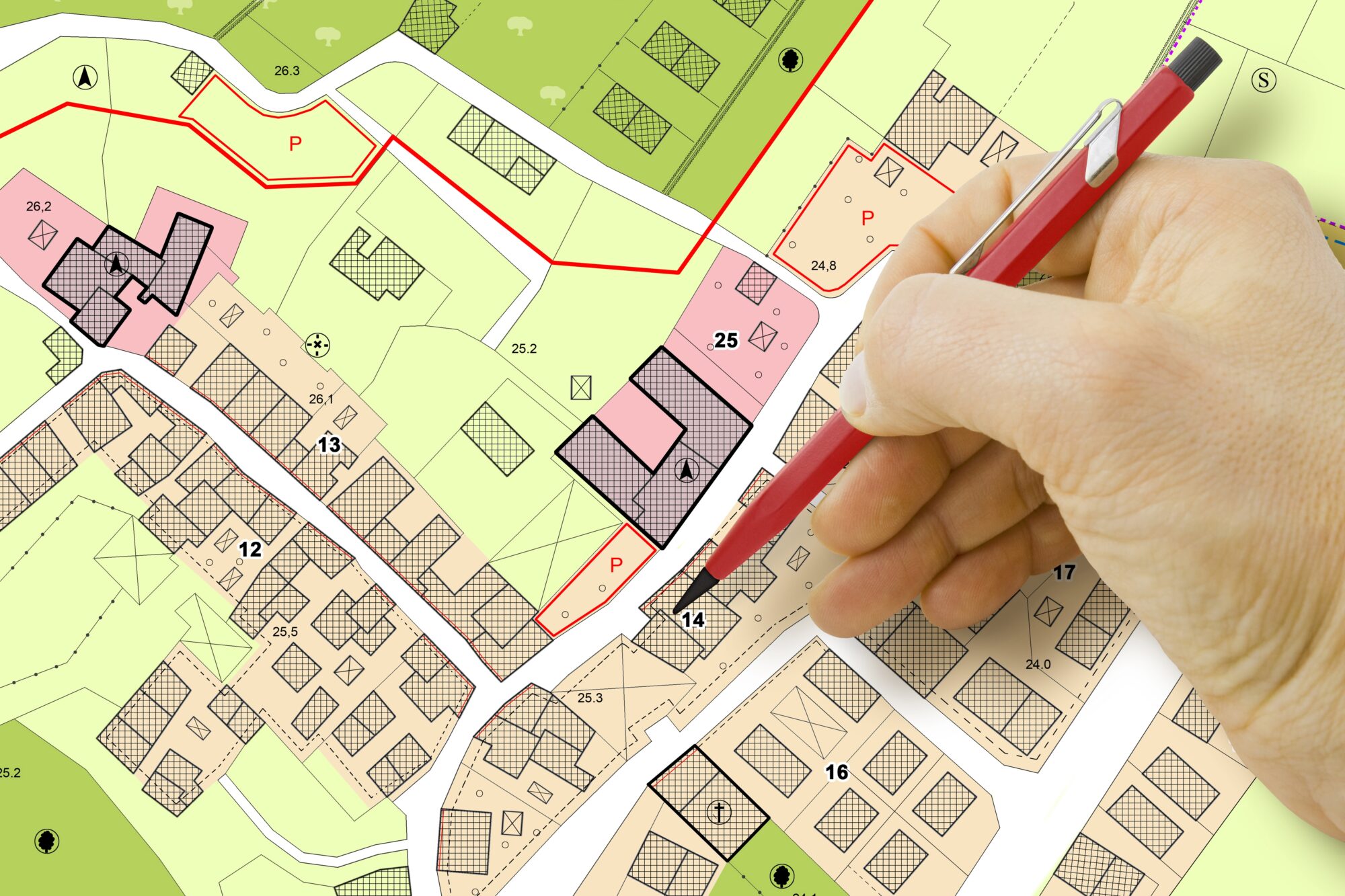
(Photo from Shutterstock)
- Starla Brown says Mississippi should dismantle burdensome regulations that prohibit or disincentivize developers from building more diverse housing options.
For decades, buying and owning a home has represented a central milestone in the pursuit of the American Dream. In recent years, however, this goal has moved further and further out of reach for millions of Americans. Across the country – and particularly in Mississippi – working families have been priced out of homeownership, not just by market forces, but by outdated and burdensome regulations and government interference.
While many of the factors that influence home prices—such as market fluctuations and interest rates—are beyond our control, others are not. Zoning, land-use laws, and indirect density restrictions, for example, are government-imposed barriers that have consistently driven housing prices higher. Homeownership plays a vital role in building equity, accumulating assets, and achieving economic freedom. To ensure Mississippians, and Americans, across all income levels have the opportunity to thrive, we must reform restrictive zoning and land-use policies that limit housing supply and artificially inflate costs.
AFP-MS authored a policy proposal to reform land use regulations that drive up the cost of housing. Over the last decade, housing costs have increasingly become a bigger stressor for families nationwide. A decreased supply of affordable housing has led more renters – nearly half – to become cost-burdened, meaning they must spend 30% of their income on housing. Between 2012 and 2022, housing prices rose a staggering 74%, while wages lagged behind, increasing by only 46%. In the same period, Mississippi house prices have risen over 57%, and wages have increased by only 38%.
There is no question that housing prices are out of control. While many factors have contributed to this crisis, overregulation at the local level has been a major reason that housing supply has failed to keep up with demand. Instead of imposing strict and burdensome regulations on developers, policymakers should eliminate single-family zoning and actively champion policies to incentivize the construction of more multi-unit or clustered homes, otherwise known as missing middle housing.
Single-family zoning laws are proven to be a major contributing factor to the housing and affordability crisis. These policies restrict development in certain geographical areas to detached, single-family homes on individual lots, which means that developers are prohibited from building properties that can accommodate multiple families. This means more land must be used to build sufficient housing stock, causing prices to skyrocket. Not only is this bad for the developer, who is losing out on valuable income, but it also means that many neighborhoods are only available to those who can afford to buy detached, multi-bedroom homes – something that is not accessible or even appealing to all buyers.
Updating zoning policies to eliminate restrictive regulations would pave the way for more missing middle housing and expanded multi-family options. These dwellings, which bridge the gap between detached, single-family homes and large apartment complexes, include townhomes, duplexes, triplexes, fourplexes, cottage courts, and cluster homes. Additionally, allowing multi-family and mixed-use buildings in commercial areas, as supported by policies like Montana’s SB 245 and Texas’s SB 840, would further increase housing supply and revitalize underutilized spaces. Together, these reforms not only offer diverse and affordable housing options, but also encourage more efficient land and energy use while creating vibrant, walkable communities.
Reforming these archaic housing policies would lead directly to an increase in housing supply, driving down costs. In fact, many of these changes are already underway in other cities and states. In 2023, Montana passed S.B. 323, which allowed all plots zoned for single-family homes in cities with over 5,000 residents to be zoned for duplexes as well.
In the same vein as restrictive zoning laws, indirect density requirements also lead to more housing scarcity and higher prices. Regulations that dictate minimum lot sizes, building height limitations, and a minimum required number of off-street parking spots per building all limit the number of dwellings that can be developed in a specific area and make it harder and more expensive to build new housing.
Reforming these regulations is critical. Earlier this year in Texas, for example, AFP-TX helped pass several statewide zoning and land-use reform bills, including legislation to reduce minimum lot sizes in large cities, and allowing apartment buildings in commercial areas. At the local level, Austin and Dallas have reformed minimum lot sizes and parking mandates to roll back restrictions that have historically constrained efforts to diversify housing options.
While zoning policies and indirect density requirements prohibit developers from building more housing, other policies, like rent control regulations, disincentivize them. Although homeownership is an important way to build wealth, it may not be the right choice for everyone. As a result, preserving the long-term health of the rental market is also necessary. Rent control, while politically popular, is widely acknowledged to harm housing supply and quality. Not only does it disincentivize developers from building new units, it may also encourage landlords to neglect maintenance and upgrade, sell these units, or convert their properties into units not subject to rent control laws. Because rent control drives down supply, it can also lead to higher prices for non-rent controlled units. Although these policies remain popular, lawmakers should resist politically expedient solutions and embrace reforms grounded in sound economics.
Nationwide, the tide is turning. If we want to tackle the affordable housing crisis nationwide, Mississippi should follow suit and dismantle burdensome regulations that prohibit or disincentivize developers from building more diverse housing options. Every American family deserves a chance to secure financial freedom, build wealth, and live their American dream. They just need well-intentioned policymakers to get out of the way.










